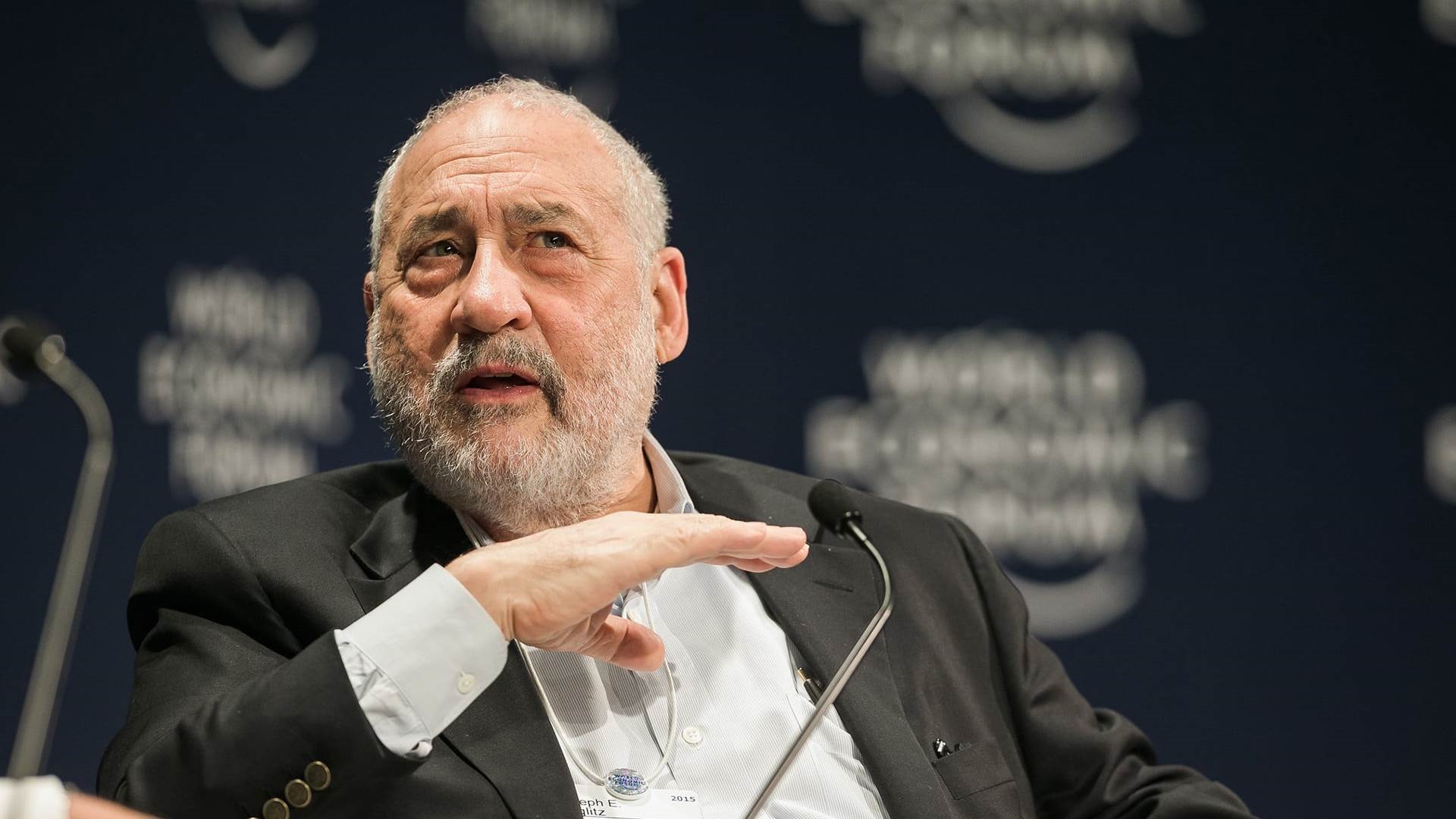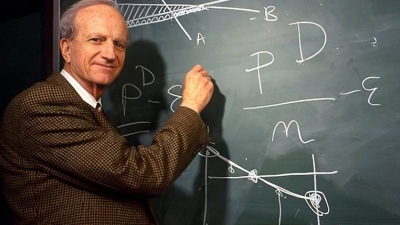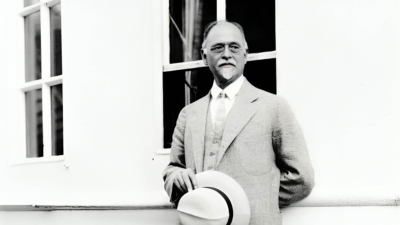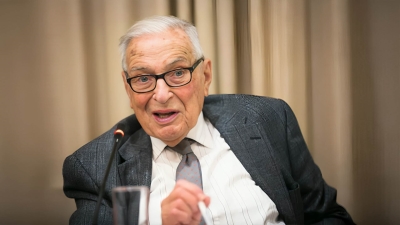Joseph Stiglitz, an economist opposed international financial institutions' policies

Joseph Stiglitz, American economist and academic recipient of the 2001 Nobel Prize in Economics in honour of his theoretical contributions to the economy, is considered one of the most prominent economists in the neo-Keynesian movement and is known for his strong opposition to international financial institutions' economic policies.
Stiglitz was born on February 9, 1943, in Gary, Indiana. He received his bachelor's degree from Amherst College in 1964, then attended MIT and received his doctorate in 1967.
During his university studies, Stiglitz was influenced by some of the Keynesian School's ideas in the economy, particularly regarding the inability of markets to automatically control themselves and the need for state intervention in order to ensure their effective functioning and avoid cyclical crises, but, like the rest of the new Keynesians, he does not share with the traditional Keynesians about the economic policies they propose.
Joseph Stiglitz worked as a professor of economics at several prestigious universities in the United States, attending Yale University in 1969 at the age of 26 and staying there for 10 years. He then moved to Princeton University in 1979 and even studied it 1988 before moving this time to Stanford's Hoover Institute, but did not broadcast much and left the university in the year 2001
Stiglitz also held several career advisory and administrative functions, appointing in 1993 a member of the Council of Economic Advisers of Former U.S. President Bill Clinton's Administration, a panel of three highly qualified experts appointed by the President to advise the Government on economic matters, who was entrusted with chairing the committee between 1995 and 1997.
He joined the World Bank in 1997 and served as the Bank's first economist and vice president until 2000.
In 2008, commissioned by former French President Nicolas Sarkozy, Stiglitz chaired a Committee on Measuring Economic Performance and Social Progress, and was appointed by the President of the General Assembly of the United Nations in 2009 as Chairman of the Committee of Experts on the Reform of the International Monetary and Financial System, which ended its work with a report published in September 2009











